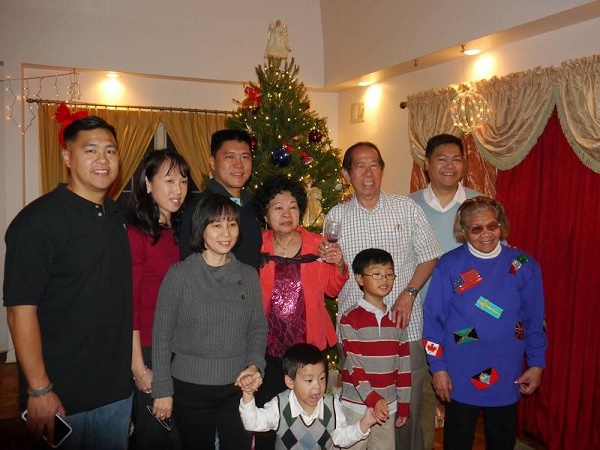The last time the White House Conference on Aging happened, back in 2005, I was personally in a major life transition: I had just taken a new job, moved across the country, and was too busy planning my new life in Los Angeles as a young 30-something to think about the Washington, DC I was leaving behind, much less be concerned with the “aging communities” that I was probably too self-absorbed to care about at the time.
Ten years later, as the White House Conference on Aging gears up for its once-in-a-decade incarnation this summer, my life has changed dramatically in many ways. With my parents in retirement age and me well into my forties, I am much more mindful of the issues being raised by this important event and how they affect my family and me. The WHCOA focuses on four policy topics – Healthy Aging, Retirement Security, Long-Term Services and Supports, and Elder Justice – and my personal lens on the work being done by the Diverse Elders Coalition in those areas is informed by my own experiences in gearing up for the unique needs my family has as Filipino Americans who are looking to age with grace and dignity.

As much as my life has changed in the past ten years, much also remains the same. My career trajectory has always focused on social justice with a particular emphasis on serving my biological and chosen families in Asian American/Pacific Islander and LGBT communities. The work that the DEC is doing now to engage the White House Conference on Aging continues in that vein and includes other constituencies as well. We have highlighted this work in one of our previous blog posts, as we continue to push for the following:
- Increased Inclusion: This year’s White House Conference on Aging will be the culmination of five Regional Forums in Tampa, FL; Phoenix, AZ; Seattle, WA; Cleveland, OH; and Boston, MA. We have called on the White House to improve their ability to reach out to, include, and engage the communities our member organizations serve through our “Strategies to Promote Inclusion and Engagement.” The document is available online here.
- Intentional Engagement: We have been working with the White House directly as well as the Leadership Council of Aging Organizations, the leading coalition of national aging advocacy groups that is a partner on the White House Conference on Aging, to recommend voices from our community to take part in the Regional Forums and the July Conference.
- Specific Feedback: We are gathering recommendations from our member groups and from their constituencies on what the White House can do to make direct improvements in the lives of the communities we serve. From detailed policy analysis to real life stories and experiences from our constituents, we are giving the White House Conference on Aging clear guidance on the changes needed for our communities. We welcome your feedback as well- take a quick survey and share your thoughts with us here.
Knowing that the conversations we are having with the White House Conference on Aging can have real life consequences for my family and me makes this work all the more important. Can you add your voice to ours and let the White House Conference on Aging know what our communities need?
The opinions expressed in this article are those of the author and do not necessarily reflect those of the Diverse Elders Coalition.

